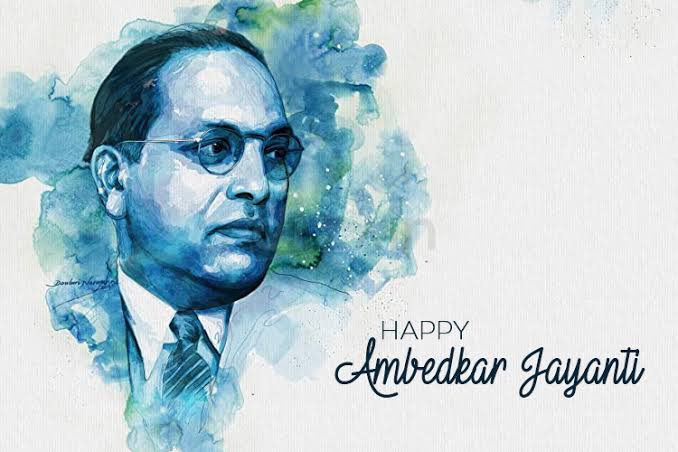New Delhi: Ambedkar Jayanti or Bhim Jayanti is an annual festival observed on April 14 in honour of civil rights activist and the chief architect of India’s Constitution BR Ambedkar who was born on April 14, 1891. The day has been marked as an official public holiday throughout India and is celebrated around the world.
Since Ambedkar was a strict advocate for equality, his birth anniversary is also celebrated as ‘Equality Day’ in India.
Popularly known as the father of the Indian Constitution, Dr Bhimrao Ramji Ambedkar was a multifaceted personality whose contributions had impacts beyond the walls of the constituent assembly. A champion of reforms, he played significant parts in economics, law and politics and as a prolific writer, he wrote extensively on history, economics, political science and sociology.
Ambedkar was a social reformer who worked tirelessly for the upliftment of the oppressed classes in India. He was also a strong advocate of women’s rights and gender equality
Life struggles of Ambedkar
Born on April 14, 1891, in Madhya Pradesh’s Mhow, Ambedkar faced discriminations since childhood as he was born into a Mahar family which was considered as one of the lowest or in other words ‘untouchable’ castes in the country at that time.
He is the only member from his caste to be enrolled into the prestigious Elphinstone High School in Bombay. During his school days, he faced oppression from the upper caste teachers and staff. He and his Dalit friends were not allowed to sit inside the classroom with other students. They were not allowed to drink water from the earthen pot placed in the school and only the peon (who belonged to the upper caste) used to pour water from a height for them to drink instead. And there were days when they had to spend without drinking water in absence of the peon.
However, he overcame those hurdles and went to Columbia University to complete his postgraduate studies. He later went to the London School of Economics to complete his doctoral thesis and finished two doctorates from there.
Knowing Ambedkar beyond Constitution
Ambedkar was the first law and justice minister of independent India and also chaired the drafting committee of the constituent assembly. However, apart from his contribution in framing the Constitution, he had inspired Dalit and Buddhist movements in the country and campaigned against social discrimination.
Advocate of labour rights: Ambedkar believed that workers should have the right to form unions and bargain collectively with their employers. He also believed that as labour is a crucial part of the economy, they should be treated with dignity and respect. He supported minimum wages laws which he thought they would prevent labours from being exploited.
Stood up for women’s rights: He was also a strong advocate of women’s rights and gender equality and believed that women should be given equal rights and opportunities as men and that they should be treated with respect and dignity.
He was also a supporter of birth control and family planning, and believed that it is necessary to control population growth and improve health and well-being of women.
Role in RBI’s establishment: Although not directly involved with the Reserve Bank of India (RBI), he did play an important role in its establishment. He was instrumental in drafting the Banking Companies Act, 1949, that eventually gave more power to RBI in regulating commercial and public banks.



Comments are closed.